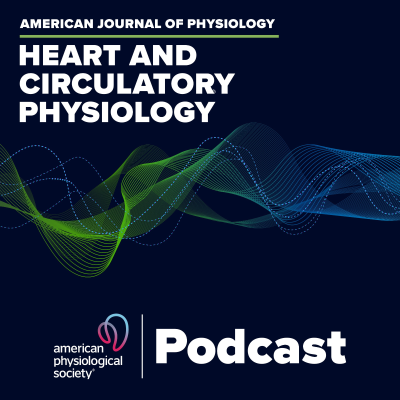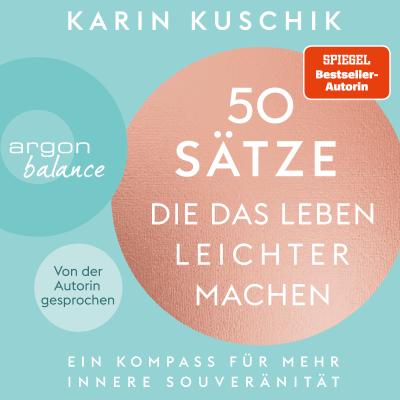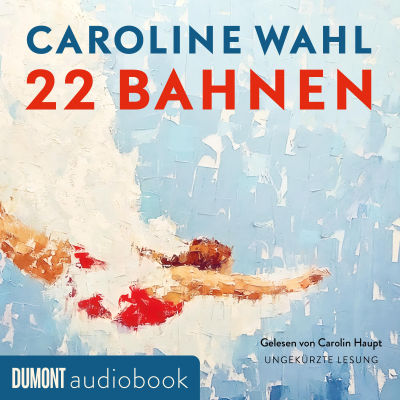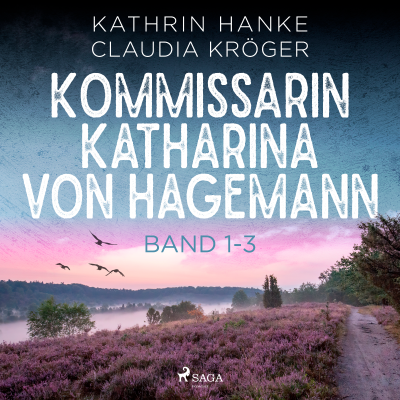
Höre AJP-Heart and Circulatory Physiology Podcast
Podcast von American Physiological Society
Commentary and discussion on featured articles in AJP - Heart and Circulatory Physiology
Kostenlos testen für 30 Tage
4,99 € / Monat nach der Testphase.Jederzeit kündbar.
Alle Folgen
130 FolgenCan hormonal fluctuations across a single menstrual cycle alter arterial wave reflections and wasted pressure effort? In this episode, Associate Editor Dr. Jonathan Kirk (Loyola University Chicago) interviews author Dr. Ninette Shenouda (University of Delaware) and expert Dr. Sarah Baker (Mayo Clinic) about the latest study by Shenouda et al. investigating sex differences and ventricular arterial interactions. The authors wanted to understand how strategic phases of the menstrual cycle might affect the relationship between the left ventricle (LV) and the arterial system, as this relationship is crucial for maintaining adequate cardiac output and blood pressure. Given the established beneficial effects of estradiol on the vasculature, the authors hypothesized that their cohort of naturally menstruating premenopausal women would have favorable reductions in total peripheral resistance and favorable changes in the arterial wave reflection profile during the high hormone cycle phases, compared to age matched men. What were the unexpected findings? Listen now to find out. Ninette Shenouda, Joseph M. Stock, Nicholas V. Chouramanis, Zoe R. Lincoln, Megan M. Wenner, Julio A. Chirinos, and David G. Edwards Favorable alterations in ventricular-arterial interactions across the menstrual cycle in healthy premenopausal women [https://doi.org/10.1152/ajpheart.00363.2024] Am J Physiol Heart Circ Physiol, published February 28, 2025. DOI: 10.1152/ajpheart.00363.2024
In this episode, Deputy Editor Dr. Zamaneh Kassiri (University of Alberta) interviews authors Dr. Oliver H. Wearing (University of British Columbia), Dr. Naomi C. Chesler (University of California Irvine), Dr. Mitchel J. Colebank (University of South Carolina), Dr. Timothy A. Hacker (University of Wisconsin-Madison), Dr. John N. Lorenz (University of Cincinnati), and Dr. Christopher R. West (University of British Columbia) about their new Guidelines in Cardiovascular Research article. This must-read Guidelines article provides a thorough overview of ventricular pressure-volume (PV) measurements in the mouse heart. PV measurements are an invasive method for assessment of heart function, and if done correctly, can provide researchers with valuable information about heart hemodynamics and the relationship between changes in ventricular pressure and volume during a cardiac cycle. The authors discuss PV measurements as the gold standard for assessing cardiac in vivo function. How do PV measurements differ from, and provide a complement to, echocardiography measurements? Listen and find out more. Oliver H. Wearing, Naomi C. Chesler, Mitchel J. Colebank, Timothy A. Hacker, John N. Lorenz, Jeremy A. Simpson, and Christopher R. West Guidelines for assessing ventricular pressure-volume relationships in rodents [https://doi.org/10.1152/ajpheart.00434.2024] Am J Physiol Heart Circ Physiol, published January 2, 2025. DOI: 10.1152/ajpheart.00434.2024
In our latest episode, Dr. Jeff Saucerman (University of Virginia) interviews authors Dr. Naomi Chesler (University of California, Irvine) and Dr. Mitchel Colebank (University of South Carolina) about their new Guidelines in Cardiovascular Research article on incorporating mechanistic modeling into the analysis of experimental and clinical data to identify possible mechanisms of (ab)normal cardiovascular physiology. The authors’ goal is to provide a consensus document that identifies best practices for in silico computational modeling in cardiovascular research. These guidelines provide the necessary methods for mechanistic model development, model analysis, and formal model calibration using fundamentals from statistics. Colebank et al. outline rigorous practices for computational, mechanistic modeling in cardiovascular research and discuss its synergistic value to experimental and clinical data. Would you like to understand how to apply a cone of uncertainty to your experimental data? Listen now to find out more. Mitchel J. Colebank, Pim A. Oomen, Colleen M. Witzenburg, Anna Grosberg, Daniel A. Beard, Dirk Husmeier, Mette S. Olufsen, and Naomi C. Chesler Guidelines for mechanistic modeling and analysis in cardiovascular research [https://doi.org/10.1152/ajpheart.00766.2023] Am J Physiol Heart Circ Physiol, published August 6, 2024. DOI: 10.1152/ajpheart.00253.2024
In this episode of Behind the Bench, we are talking with Hannah Cizauskas about her first, first-author article published in AJP-Heart and Circ. Born and raised in Detroit, Hannah moved to Chicago for what she thought would be just one rotation outside of the cancer genetics field. This led Hannah to work on a project related to atrial fibrillation and contractile dysfunction in Dave Barefield’s lab at Loyola University Chicago’s Cellular and Molecular Physiology Department. Now in the fourth year of her PhD, Hannah is a dog mom to Jake, she loves reading STEMinist novels, and she is researching sarcomere dysfunction in the context of AFib. Listen to this engaging interview with co-hosts Dr. Tommy Martin and Dr. Charlotte Usselman to find out more. Hannah E. Cizauskas, Hope V. Burnham, Azaria Panni, Alexandra Peña, Alejandro Alvarez-Arce, M. Therese Davis, Kelly N. Araujo, Christine E. Delligatti, Eby Edassery, Jonathan A. Kirk, Rishi Arora, and David Y. Barefield Proteolytic degradation of atrial sarcomere proteins underlies contractile defects in atrial fibrillation [https://doi.org/10.1152/ajpheart.00148.2024] Am J Physiol Heart Circ Physiol, published August 5, 2024. DOI: 10.1152/ajpheart.00148.2024
In our latest episode, Executive Editor Kara Hansell Keehan interviews lead author Dr. Michaela Patterson and first author Kaelin Akins (both at the Medical College of Wisconsin) along with expert Dr. Ana Vujic (University of Cambridge) about the new study by Akins et al. Given that the heart has limited regenerative potential, repairing damage to cardiomyocytes after a heart attack is particularly challenging. Cardioregeneration researchers worldwide are searching for potential targets that can stimulate cardiomyocyte proliferation and cardiac regeneration. However, because cardiomyocytes can undergo incomplete cell division, multinucleation, and polyploidization, it is difficult to study true cardiomyocyte proliferation. Akins et al. examined the effect of Runx1 on cardiomyocyte cell cycle during postnatal development and cardiac regeneration using cardiomyocyte-specific gain- and loss-of-function mouse models. Listen now to learn more about how the authors determined that Runx1 is sufficient but not required for cardiomyocyte cell cycle activation. Kaelin A. Akins, Michael A. Flinn, Samantha K. Swift, Smrithi V. Chanjeevaram, Alexandra L. Purdy, Tyler Buddell, Mary E. Kolell, Kaitlyn G. Andresen, Samantha Paddock, Sydney L. Buday, Matthew B. Veldman, Caitlin C. O’Meara, Michaela Patterson Runx1 is sufficient but not required for cardiomyocyte cell-cycle activation [https://doi.org/10.1152/ajpheart.00782.2023] Am J Physiol Heart Circ Physiol, published July 21, 2024. DOI: 10.1152/ajpheart.00782.2023
Kostenlos testen für 30 Tage
4,99 € / Monat nach der Testphase.Jederzeit kündbar.
Exklusive Podcasts
Werbefrei
Alle frei verfügbaren Podcasts
Hörbücher
20 Stunden / Monat

































